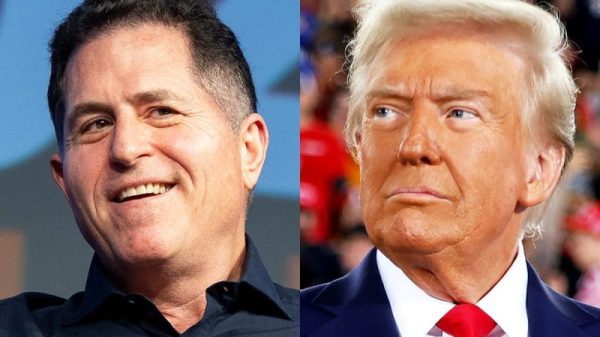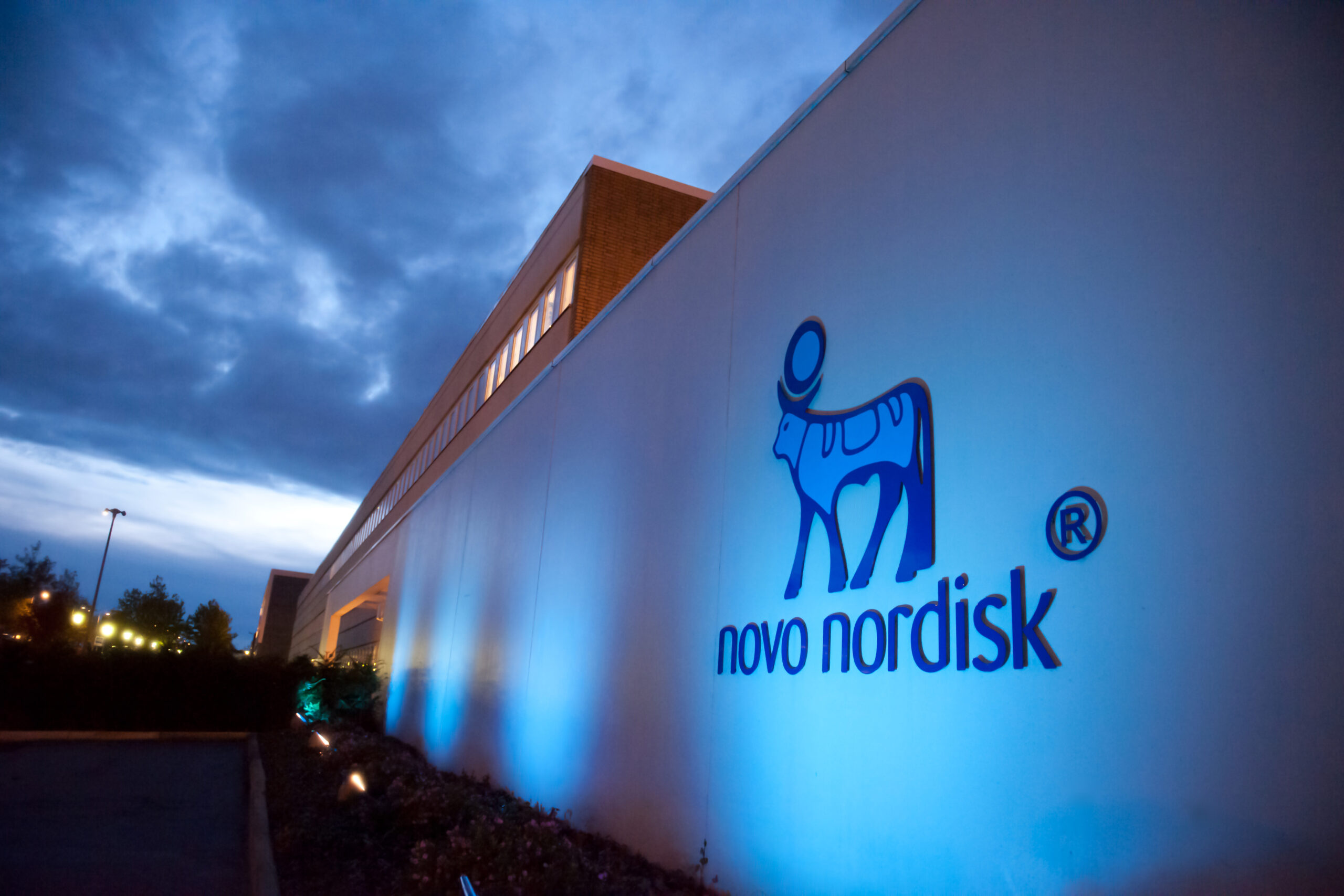Shares of Novo Nordisk fell sharply on Monday after the company announced that a high-profile trial testing whether its oral semaglutide medicine could slow the progression of Alzheimer’s disease had failed to meet its primary goal.
The setback dealt a blow to the Danish drugmaker’s ambitions to expand beyond diabetes and obesity and into one of the most challenging and commercially significant areas of modern medicine.
The company’s Copenhagen-listed shares dropped more than 8% in early trading, while its US-listed stock slid nearly 10% in premarket hours, falling to its lowest level since July 2021.
The steep decline extended what has already been a bruising year for Novo, whose shares have fallen about 45% year-to-date amid slowing growth and a difficult strategic transition.
Semaglutide shows biomarker improvement but no clinical benefit
The late-stage studies, known as EVOKE and EVOKE+, assessed whether Rybelsus — the oral formulation of semaglutide currently approved for type 2 diabetes — could delay cognitive decline in patients with early-stage Alzheimer’s disease by at least 20%.
Semaglutide is also the active ingredient in Novo’s blockbuster drugs Ozempic and Wegovy, which have transformed the company’s financial performance in recent years.
Novo said the trials showed that treatment with semaglutide improved several Alzheimer’s-related biomarkers.
However, these biological signals did not translate into a measurable slowing of patients’ decline, meaning the trials did not achieve their main objective.
“While semaglutide did not demonstrate efficacy in slowing the progression of Alzheimer’s disease, the extensive body of evidence supporting semaglutide continues to provide benefits for individuals with type 2 diabetes, obesity, and related comorbidities,” Chief Scientific Officer Martin Holst Lange said in a statement.
The results reinforce long-running scepticism among analysts about Novo’s prospects in neurological disease.
UBS had earlier estimated just a 10% probability of success, while company executives themselves had acknowledged the high-risk nature of the programme.
In September, Ludovic Helfgott, Executive Vice President for Product and Portfolio Strategy, described the trial as a “lottery ticket” — potentially transformative but far from assured.
Biogen shares rise as investors turn to existing Alzheimer’s leaders
The disappointment comes at a critical moment for Novo, which has announced management changes and carried out layoffs as it recalibrates strategy after years of rapid expansion.
Its failure in Alzheimer’s — a field with immense clinical need and market potential — underscores the difficulty drugmakers face in finding effective treatments for a disease that affects more than 55 million people globally.
Investors shifted attention to companies with approved Alzheimer’s therapies.
Shares of Biogen rose more than 5% in premarket trading after Novo’s announcement.
Biogen and its partner Eisai currently market Leqembi, one of the two Alzheimer’s treatments approved in the United States.
Rival Eli Lilly, whose drug Kisunla is also approved, has gained more than 36% this year and briefly hit a market capitalisation of $1 trillion on Friday.
The post Novo Nordisk shares plunge as oral semaglutide Alzheimer’s trial fails to show clinical benefit appeared first on Invezz


































